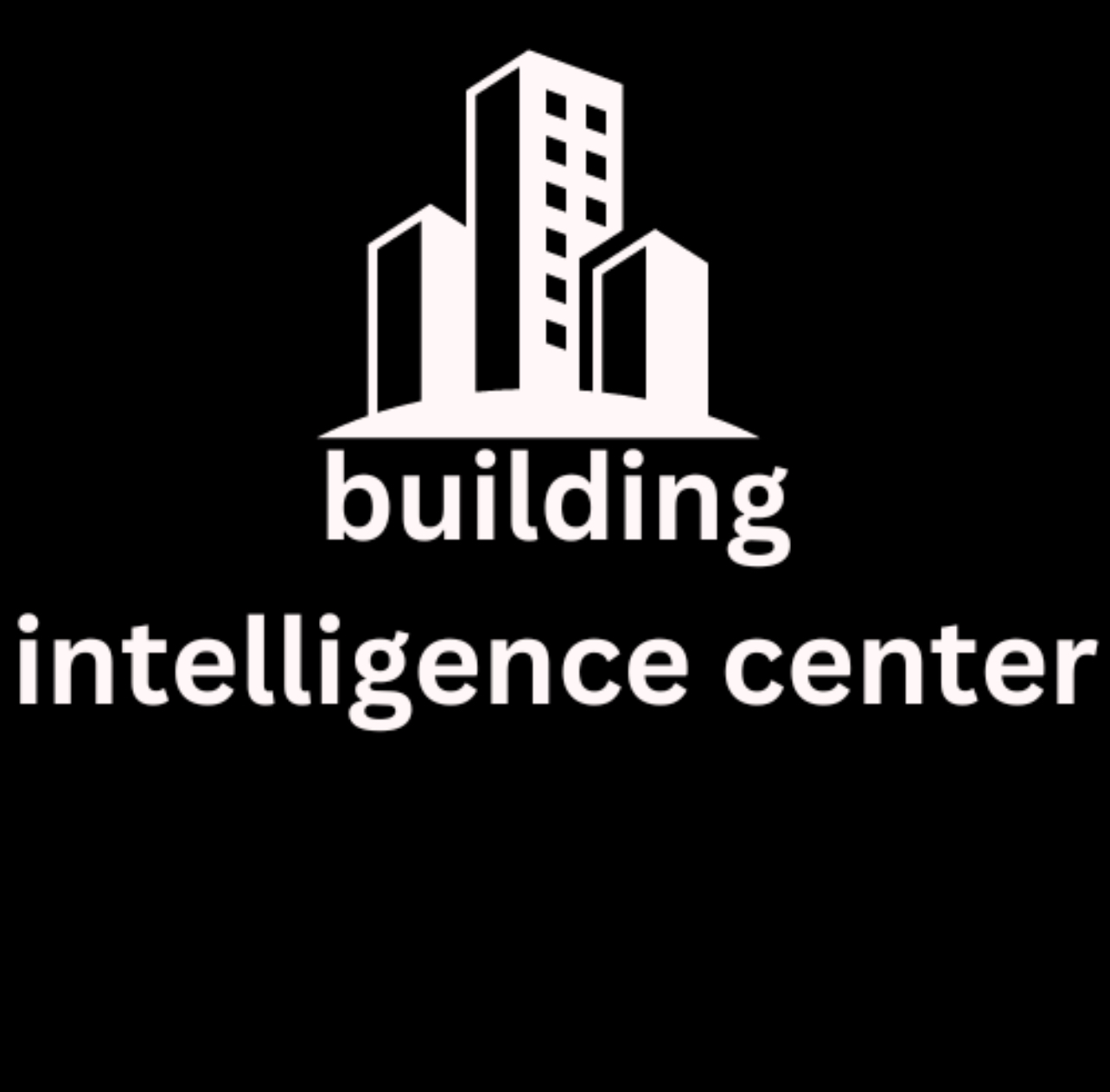- June 16, 2024
Building Intelligence Center Transforming Modern Infrastructure

In the era of smart technology, the concept of the “Building Intelligence Center” is revolutionizing the way we design, manage, and interact with buildings. This article delves into the core aspects of the Building Intelligence Center, its benefits, components, and the future it promises for modern infrastructure.
What is a Building Intelligence Center?
A Building Intelligence Center is an integrated hub that utilizes advanced technologies to manage and optimize building operations. This center combines data analytics, automation, and Internet of Things (IoT) devices to create a smart, efficient, and responsive environment.
Key Features of a Building Intelligence Center
Understanding the features of a Building Intelligence Center is crucial for grasping its impact on modern infrastructure. Key features include:
- Centralized Monitoring: Allows for real-time oversight of all building systems from a single platform.
- Energy Management: Optimizes energy use, reducing costs and environmental impact.
- Security Integration: Enhances building security through smart surveillance and access control.
- Predictive Maintenance: Uses data to predict and prevent equipment failures.
- Occupant Comfort: Adjusts lighting, heating, and air conditioning to enhance comfort and productivity.
Benefits of Implementing a Building Intelligence Center
The implementation of a Building Intelligence Center offers numerous benefits, transforming how buildings operate and serve their occupants.
- Increased Efficiency: Streamlines building operations, leading to significant energy and cost savings.
- Enhanced Security: Provides advanced security features that protect occupants and assets.
- Improved Occupant Experience: Creates a more comfortable and adaptable environment for occupants.
- Sustainability: Promotes eco-friendly practices and reduces the building’s carbon footprint.
- Data-Driven Decisions: Facilitates informed decision-making through comprehensive data analysis.
Components of a
A comprehensive Building Intelligence Center comprises several interconnected components:
- IoT Sensors and Devices: Collect real-time data on various building parameters.
- Data Analytics Platform: Analyzes collected data to provide actionable insights.
- Automation Systems: Control building systems such as HVAC, lighting, and security.
- User Interface: Allows facility managers to interact with the Building Intelligence Center.
- Cloud Connectivity: Ensures data is accessible and secure, facilitating remote management.
Steps to Establish a Building Intelligence Center
Creating a Building Intelligence Center involves several crucial steps:
- Assessment and Planning: Evaluate the current building infrastructure and identify needs.
- Technology Selection: Choose appropriate IoT devices, software, and platforms.
- Integration: Integrate all systems into a unified Building Intelligence Center.
- Testing and Optimization: Test the system for performance and optimize settings.
- Training: Train staff on using and maintaining the Building Intelligence Center.
Case Studies: Successful Implementations
Case Study 1: Commercial Office Building
A leading commercial office building implemented a Building Intelligence Center to optimize energy use and improve occupant comfort. The results included:
- 20% Reduction in Energy Costs: Through smart lighting and HVAC management.
- Enhanced Security: Integration of advanced surveillance and access control systems.
- Improved Occupant Satisfaction: Automated climate control and lighting adjustments.
Case Study 2: Hospital Facility
A hospital integrated a Building Intelligence Center to ensure patient safety and operational efficiency. Key outcomes were:
- Improved Patient Care: Real-time monitoring of environmental conditions.
- Reduced Operational Costs: Efficient energy use and predictive maintenance of equipment.
- Increased Security: Advanced access control systems safeguarding sensitive areas.
Future Trends in Building Intelligence Centers
The future of Building Intelligence Centers is promising, with trends pointing towards even greater integration and efficiency:
- AI and Machine Learning: Enhancing data analysis and predictive capabilities.
- Edge Computing: Allowing for faster data processing and real-time decision-making.
- Blockchain Technology: Securing data and improving transparency in building operations.
- Enhanced Interoperability: Seamless integration with other smart city initiatives.
Conclusion:
The Building Intelligence Center is a game-changer for modern infrastructure, offering unparalleled efficiency, security, and comfort. By integrating advanced technologies and data-driven insights, it sets a new standard for building management. As we look to the future, the potential of Building Intelligence Centers will only continue to grow, driving innovation and sustainability in the built environment.
Summary
- Building Intelligence Center: An integrated hub for managing building operations.
- Key Features: Centralized monitoring, energy management, security, predictive maintenance, and occupant comfort.
- Benefits: Increased efficiency, enhanced security, improved occupant experience, sustainability, and data-driven decisions.
- Components: IoT sensors, data analytics, automation systems, user interface, and cloud connectivity.
- Implementation Steps: Assessment, technology selection, integration, testing, and training.
- Case Studies: Successful applications in commercial office buildings and hospital facilities.
- Future Trends: AI, machine learning, edge computing, blockchain, and enhanced interoperability.
Investing in a Building Intelligence Center is a strategic move towards a smarter, more efficient, and sustainable future.
Thank you